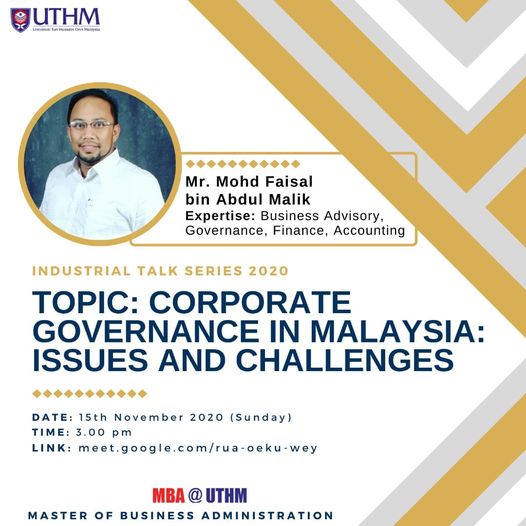
The Coronavirus pandemic has traveled around the globe and as at the last count affected nearly 200 countries within a short period. It has taken most countries by surprise and set off motion to mitigate or stave off the deadly spread that can ultimately lead to death.
This pandemic has caused a global crisis, and it has proved that many businesses do not take a strategic, systematic, and coordinated approach to risk management, and some still not taking any strategic action to completely rethink the effectiveness of the present business approach to remain relevant in years to come. The business is no longer, as usual, the digital adoption becomes mandatory; employees were told to work from home, suppliers having difficulties on the disrupted supply chain, a commitment towards innovation and a sustainable value proposition that helps the community and the planet.
The key now will be to move from crisis management to interim and long-term strategic planning knowing what we will face tomorrow. In a McKinsey & Co. paper, they state that the key to resetting existing strategic plans is a focus on long-term employee wellness, delivering essential value-added services to consumers, and fulfilling the social and financial wellness needs of the community.
You might not need to re-visit your organization strategic plan if all the answers are ‘YES’
- Are we on the right path?
- Have we corrected far enough around this obstacle?
- Do we still have enough resources?
- Will we get there in time?
Does our organization have …
- Long lead time for improvements
- The vision that doesn’t match activities
- Annual objectives rolled out for many months
- Year-to-year plans that never seem to connect
- Too many projects in flight with delivering the promised results
- Employees who don’t feel a part of a team
The objective of strategic planning.
- To create a clear vision and action plan
- Prioritization and focus
- To discuss the core issues affecting your organization, (Scenario planning, competitors, changing trends, technology adoption, customer orientation, etc.)
- Alignment with the team
- Support culture and business transformation.
The process of strategic planning
- Establish organization vision
- Develop breakthrough objectives
- Develop annual objectives
- Deploy annual objectives
- Implement annual objectives
- Monthly review
- Annual review
Does your company incorporate integrate risk management into strategic planning?
At FMC, we assist clients by providing solutions to Strategic Initiatives and understanding engagement, Strategic organization business risk workshop, and a full-fledge of development of a new strategic business perspective.
Written by Mohamad Faisal and solely his personal view, the writer will not be held responsible for the content its users choose to share, which may be offensive to others.
Mohamad Faisal C.A. (M), CIPFA, CPSA, ASEAN CPA, CFP, DPIN, HRDF Cert Trainer has wide exposures in business finance, corporate and SME development. He is a business mentor, a certified accountant, a financial planner, and a certified business mentor. He is also a ‘Business Mentoring for Mentors’ from the Entrepreneurship Development Institute of India (EDII) and ‘Entrepreneurship in Emerging Economies’ from HarvardX Business School. He was also appointed as a council member to two national professional bodies, Chairman of SMP Malaysia, Member of the MPC Accounting Industry, Industry Advisor to three local universities, and is also the founder of FaisalMALIK & co [CA].
Contact the FMC team at admin@faisalmalikco.com. for the relevant consulting and advisory services.
FMC STRATEGIC PLANNING ENGAGEMENT

Sarawak Statutory Body on Strategic Planning Advisory Workshop
Disclaimer
All content provided on this ‘www.faisalmalikco.com’ for informational purposes only. The owner of this blog makes no representations as to the accuracy or completeness of any information on this site or found by following any link on this site.
The owner of www.faisalmalikco.com will not be liable for any errors or omissions in this information nor for the availability of this information. The owner will not be liable for any losses, injuries, or damages from the display or use of this information.
This terms and conditions is subject to change at anytime with or without notice.
![Faisal Malik & Co [FMC Group]](https://faisalmalikco.com/wp-content/uploads/2018/03/logo.png)















